The company says it’s one of the remote island region’s better-paying employers
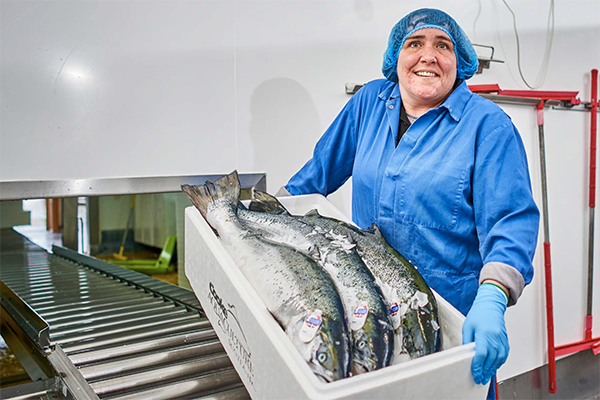
Cooke Aquaculture Scotland says its salmon farming operations have a “significant positive social impact” on its employees and the community of remote islands in the northern region of the country.
In a colorful, 36-page economic impact report released this week, Cooke – one of the largest employers in Orkney and Northern Isles – said its skilled, permanent employees are paid nearly one-fourth more than the average in Orkney and 8.6 percent above average for all of Scotland.
“When we first came to Orkney in 2014, as a family-owned company we understood immediately that the jobs we provided mattered – really mattered. They keep people and their families on the islands, attract new people to live here, and help businesses to thrive and schools to stay open,” said Joel Richardson, VP-public relations for Cooke Aquaculture Scotland. “We have never forgotten that and now we employ 122 people in Orkney, 51 of them on our farms. That includes 25 new jobs created in 2016 to 2021, all of them helping to keep remote communities viable.”
The company’s impacts in Orkney and Northern Isles include supporting local businesses like cafes, shops ferries and divers, and maintaining local schools.
“I love the thrill of working for a company that is doing so well, sending beautiful salmon all over the world, especially the organic salmon we raise in Orkney,” said Ken Laird, processor and maintenance assistant at Cooke Aquaculture Scotland. “We need to shout out more about how good it is. Young people getting a job in aquaculture really have won the lottery.”
Ben Johnson, environmental development manager at Cooke Aquaculture Scotland, detailed the company’s application for a new offshore, six-pen farm called East Moclett, east of Papa Westray, which is up for approval this month. It would add six new jobs and has been fully assessed by the Scottish Environmental Protection Agency (SEPA), which found no issues or objections to the site.
“The Scottish government has been encouraging development of offshore farms. Since the 2017 Skelwick Skerry farm approval by the Orkney Islands Council Planning Committee, Cooke has successfully pioneered a Scotland first equipped with high energy technology, whilst optimizing fish health and minimizing potential visual effects from shore,” said Johnson.
Read the full report, titled “Cooke Aquaculture Scotland and Orkney: A summary of our impacts for people and communities.”
Follow the Advocate on Twitter @GSA_Advocate
Now that you've reached the end of the article ...
… please consider supporting GSA’s mission to advance responsible seafood practices through education, advocacy and third-party assurances. The Advocate aims to document the evolution of responsible seafood practices and share the expansive knowledge of our vast network of contributors.
By becoming a Global Seafood Alliance member, you’re ensuring that all of the pre-competitive work we do through member benefits, resources and events can continue. Individual membership costs just $50 a year.
Not a GSA member? Join us.
Author
-
Responsible Seafood Advocate
[103,114,111,46,100,111,111,102,97,101,115,108,97,98,111,108,103,64,114,111,116,105,100,101]
Tagged With
Related Posts
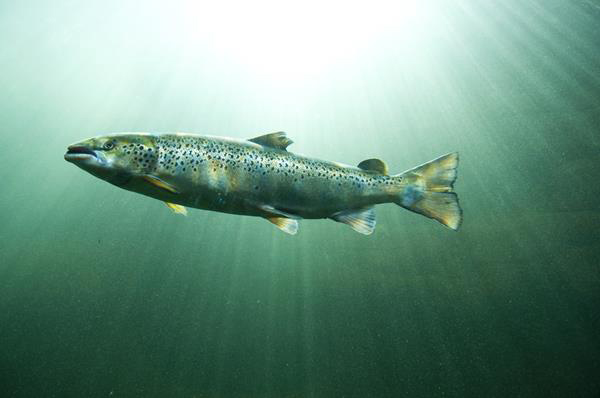
Intelligence
Yellow Seafood Watch rating opens doors for Maine farmed salmon
Only farmed salmon from four regions in the world have earned a “best choice” or “good alternative” buy ranking from Seafood Watch. Maine-produced product is now an option for retailers and restaurant buyers who follow the Monterey Bay Aquarium’s influential recommendations.
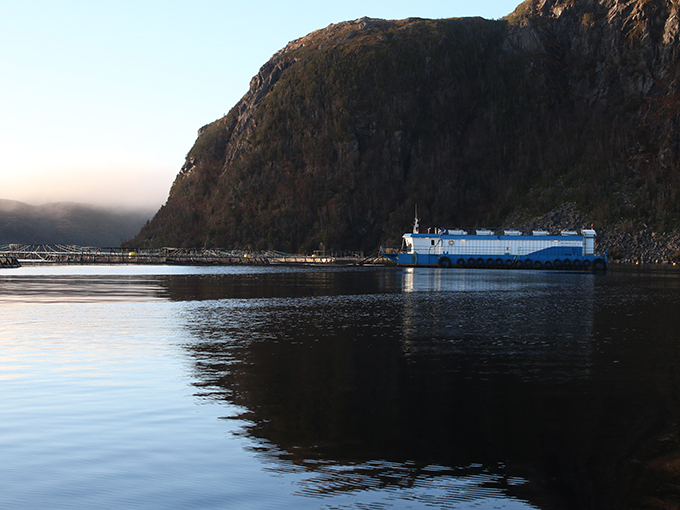
Intelligence
Aquaculture’s solid opportunity on The Rock
As aquaculture grows in Newfoundland, the socioeconomic future of this Canadian province with a population of 500,000 takes flight with it. It's a welcome development, after a two-decade slump due in part to the downturn of North Atlantic groundfish stocks.
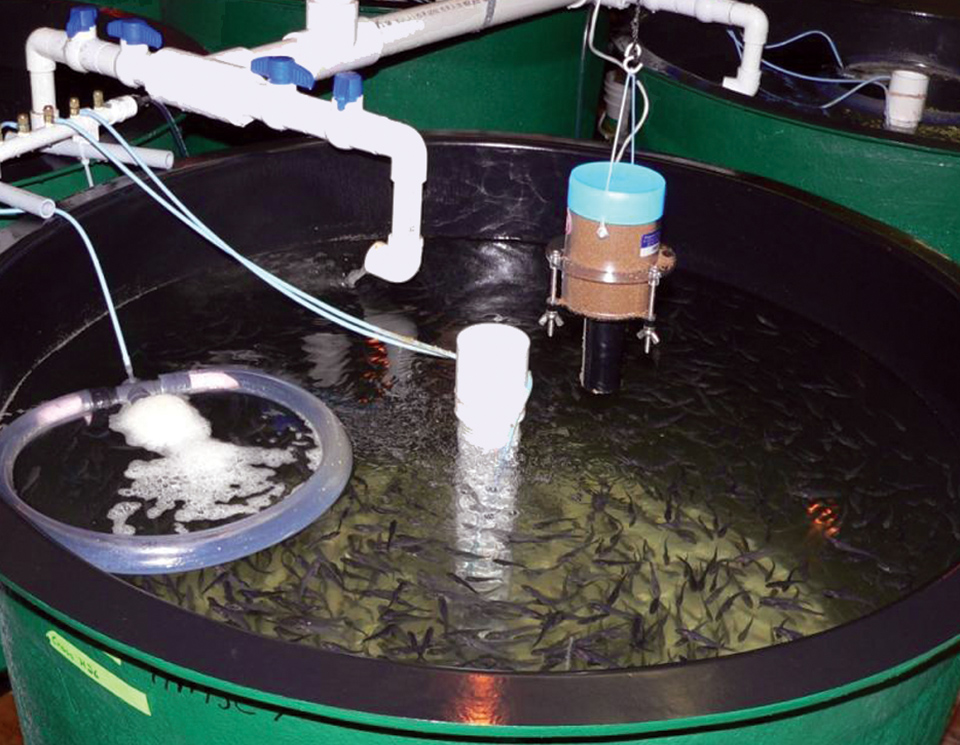
Health & Welfare
Atlantic cod genomics and broodstock development project
The Atlantic Cod Genomics and Broodstock Development Project has expanded the gene-related resources for the species in Canada.
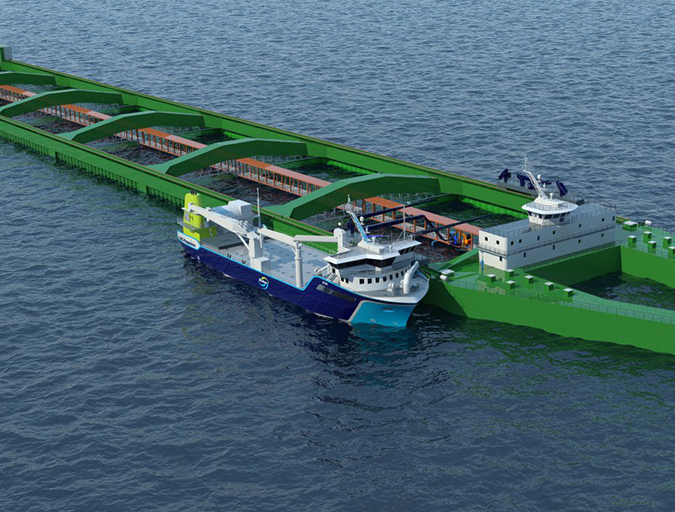
Health & Welfare
Chem-free fixes emerging in sea lice saga
Salmon farmers, using emerging technologies, are exploring new methods of sea lice mitigation in an effort to overcome one of the industry’s most persistent problems. New chemical-free innovations show an industry eager to adapt and adopt environmentally safe practices.



